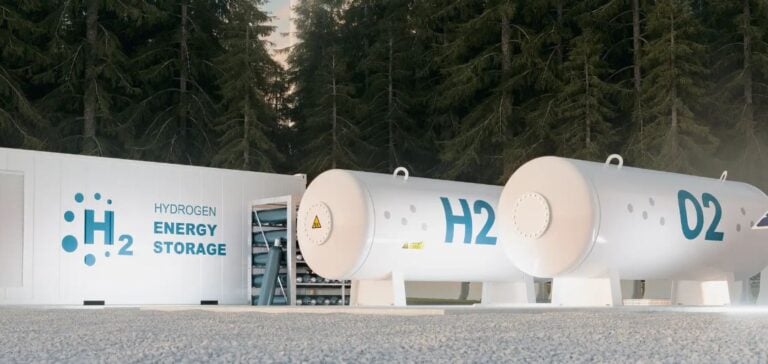Mitsui O.S.K. Lines, Ltd. (MOL) and The Kansai Electric Power Company, Incorporated (KEPCO) have signed a memorandum of understanding (MoU) to conduct a joint study on the maritime transport of liquefied hydrogen. This agreement marks a first in Japan between a maritime transport company and a power generation company, aimed at developing a low-carbon hydrogen supply chain.
The agreement focuses on a comprehensive evaluation of the vessels required for this task, as well as the optimization of operations related to liquefied hydrogen transport. The study will also examine the safety standards for these vessels, in compliance with international laws and regulations. The objective is to ensure safe and efficient transport while meeting the growing demand for decarbonized energy.
Liquefied Hydrogen: A Strategic Priority
The maritime transport of liquefied hydrogen is an emerging technology essential for establishing a sustainable energy supply chain. Through their collaboration, MOL and KEPCO aim to analyze the infrastructure needs and technical solutions required to ensure reliable and cost-effective logistics. This initiative underscores the growing importance of hydrogen in the global energy transition.
In addition to technical aspects, the joint study will examine the implications of international regulations. Due to its specific properties, liquefied hydrogen requires unique approaches to ship design and safety protocols.
A Key Partnership for a Zero-Carbon Future
MOL and KEPCO have expressed a clear commitment to achieving a zero-carbon society. Building on this collaboration, the two companies aim not only to establish a hydrogen supply chain but also to pave the way for advances in the transport of decarbonized energy. The joint study could serve as a model for similar initiatives worldwide.
As Japan targets carbon neutrality by 2050, this project represents a significant step toward integrating hydrogen as a viable and sustainable solution in the energy mix.






















